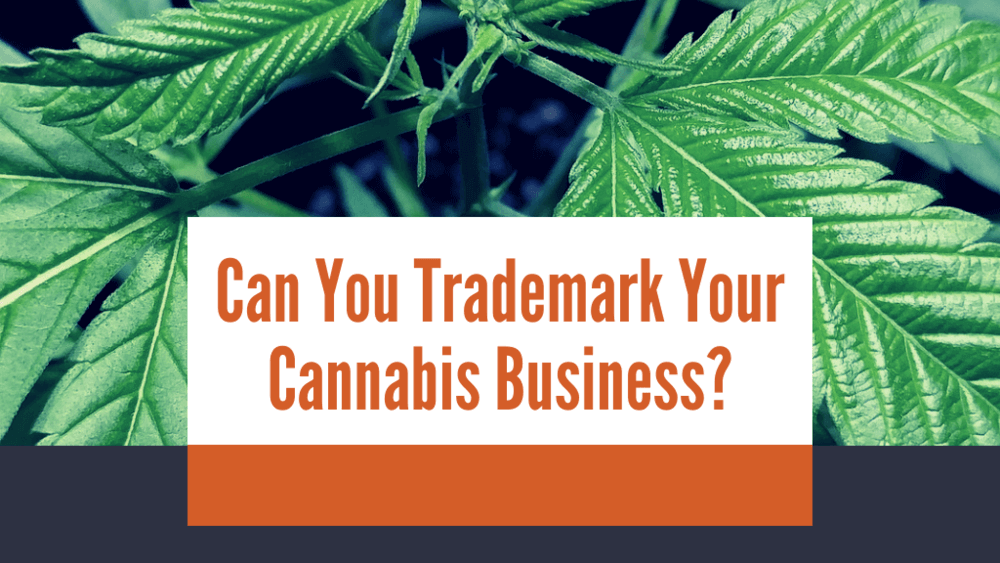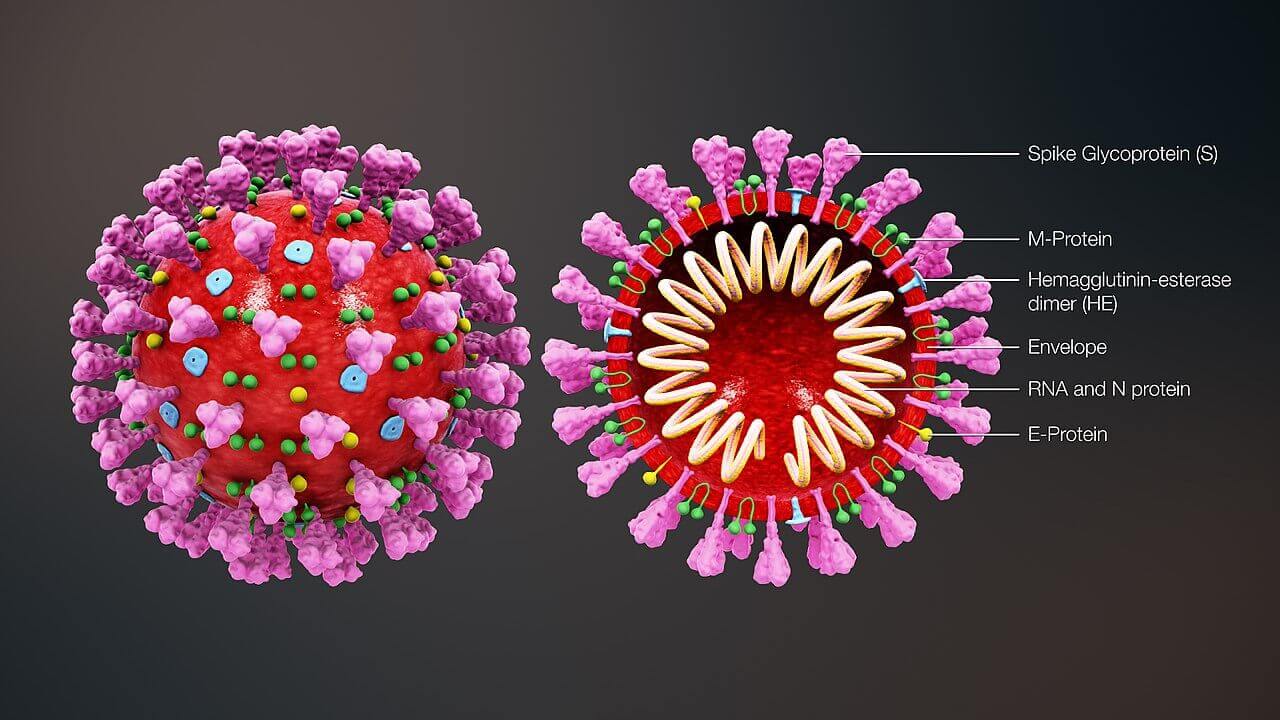Top 10 Things To Know Before Trademarking Cannabis/Hemp Products
Hemp and Marijuana products, till some time ago, fell under the illegal category and were lawfully not in the space of trademark, patent or intellectual property rights. All of that changed, however. The Farm Bill was passed in 2018, which changed the landscape in which hemp and marijuana products were operating. MDE takes a look at what you should know before trademarking these products.
The Farm Bill of 2018 removed hemp from the definition of marijuana under the Controlled Substances Act. Before this bill was passed, the USPTO – U.S. Patent and Trademark Office – had the power to refuse any trademark application related to cannabis or cannabis-related products.
Directly from the USPTO guidelines, was the phrase: “For applications filed on or after December 20, 2018, that identify goods encompassing cannabis or CBD, the 2018 Farm Bill potentially removes the CSA as a ground for refusal of registration, but only if the goods are derived from “hemp.” Cannabis and CBD derived from 2 marijuana (i.e., Cannabis sativa L. with more than 0.3% THC on a dry-weight basis) still violate federal law, and applications encompassing such goods will be refused registration regardless of the filing date. If an applicant’s goods are derived from “hemp” as defined in the 2018 Farm Bill, the identification of goods must specify that they contain less than 0.3% THC. Thus, the scope of the resulting registration will be limited to goods compliant with federal law.”
Furthermore, the guidelines stated that: “For applications filed before December 20, 2018 that identify goods encompassing CBD or other cannabis products, registration will be refused due to the unlawful use or lack of bona fide intent to use in lawful commerce under the CSA. Such applications did not have a valid basis to support registration at the time of filing because the goods violated federal law. However, because of the enactment of the 2018 Farm Bill, the goods are now potentially lawful if they are derived from “hemp” (i.e., contain less than 0.3% THC). Therefore, the examining attorney will provide such applicants the option of amending the filing date and filing basis of the application to overcome the CSA as a ground of refusal.”
Another important guideline was: “Applicants should be aware that even if the identified goods are legal under the CSA, not all goods for CBD or hemp-derived products are lawful following the 2018 Farm Bill. Such goods may also raise lawful-use issues under the Federal Food Drug and Cosmetic Act (FDCA)”
“When applications recite services involving cannabis-related activities, they will be examined for compliance with the CSA and the 2018 Farm Bill. …the CSA prohibits, among other things, manufacturing, distributing, dispensing, or possessing cannabis that meets the definition of marijuana.”
The USPTO guidelines also states, “The examining attorney will also issue inquiries concerning the applicant’s authorization to produce hemp. Applicants will be required to provide additional statements for the record to confirm that their activities meet the requirements of the 2018 Farm Bill with respect to the production of hemp.”
To summarize the above, some of the top things to consider when trademarking hemp/ cannabis products
- Only hemp-based products fall under Farm Bill 2018 passed in December 2018
- The identification of goods must specify that they contain less than 0.3% THC.
- Cannabis-derived from marijuana is illegal, and such trademarks applications would not be recognized.
- Applications filed before December 2018 will be treated as illegal.
- USPTO cannot extend federal trademark protection because the goods and services related to hemp were not in the lawful use of interstate commerce.
- However, the examining attorney will provide such applicants the option of amending the filing date to overcome the CSA as a ground of refusal.
- Applicants would also need clearance from the Federal Food Drug and Cosmetic Act.
- The applicant’s authorization to produce hemp will also be a governing factor in the application result.
- If your business is restricted to one state, you may seek state registration instead of federal registration.
- If the terms ‘hemp’, ‘CBD’ or variation of cannabis or cannabidiol are applied as part of a trademark, the amount of CBD used in the product will be examined.
1. Dropbox
Recent Posts
About The Author

Protect your invention in the USA by obtaining a patent and trademark now from an attorney. Affordable prices and highest success rate from MDE Patents.
Share With Your Friends

Top 10 Things To Know Before Trademarking Cannabis/Hemp Products
Hemp and Marijuana products, till some time ago, fell under the illegal category and were lawfully not in the space of trademark, patent or intellectual

Pandemic: How to Patent PPE Kits in the midst of the COVID-19 Crisis
We are amidst an unprecedented health crisis that has impacted the entire world. The massive numbers infected with COVID-19 saw a sudden rise in demand

Innovating During a Crisis: Patentable Inventions
A crisis – particularly a prolonged on – is not an easy time for creators anywhere. The harsh pressures of the community concerns can make



